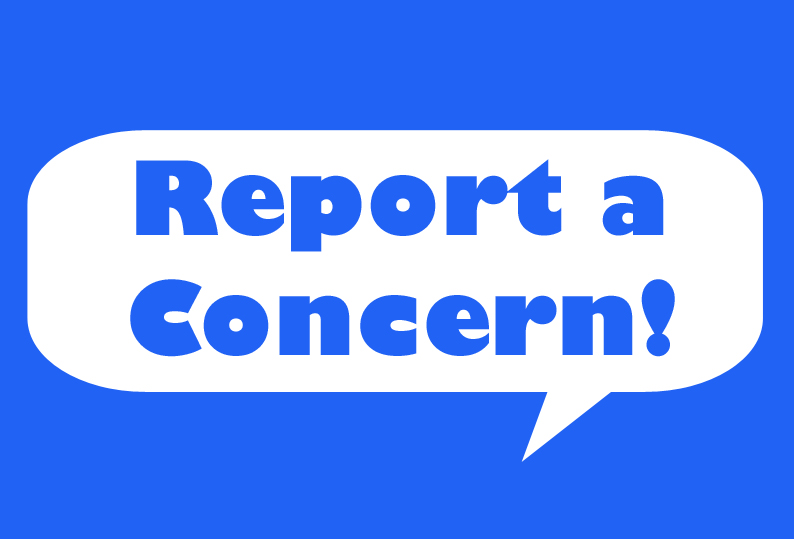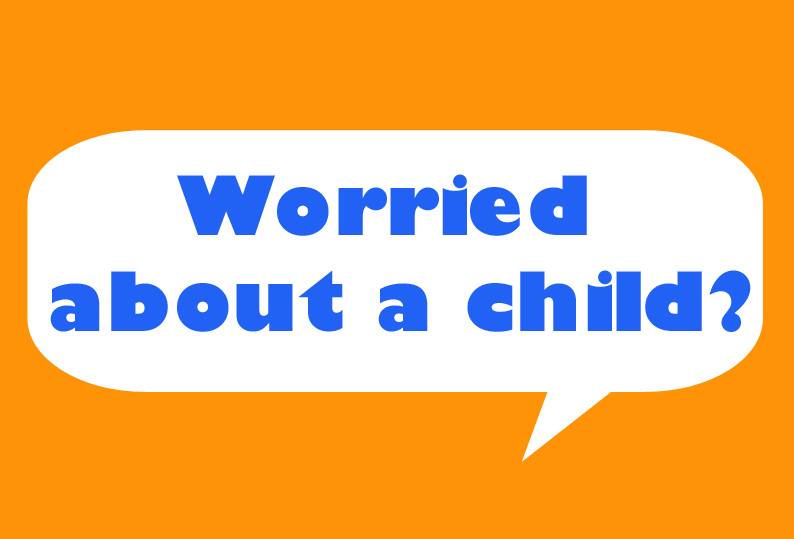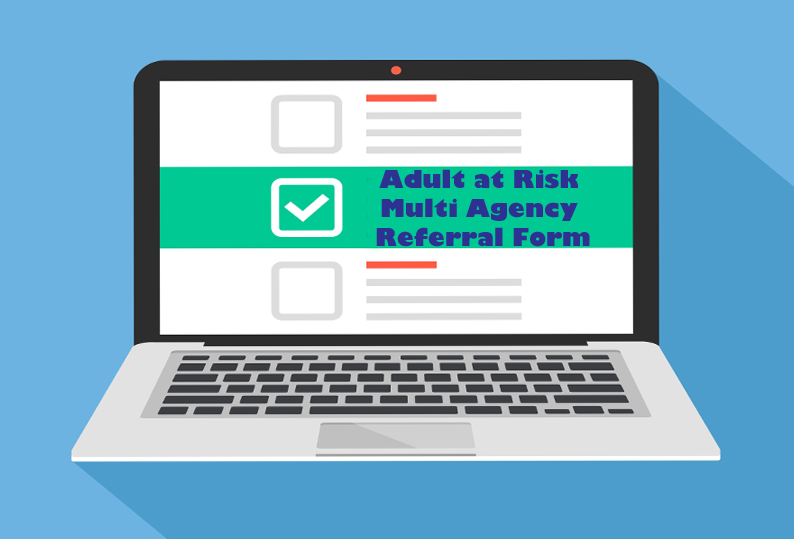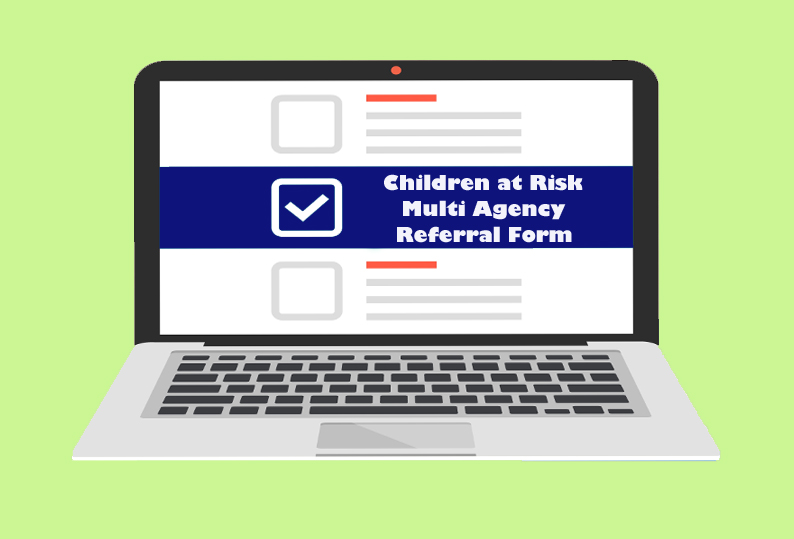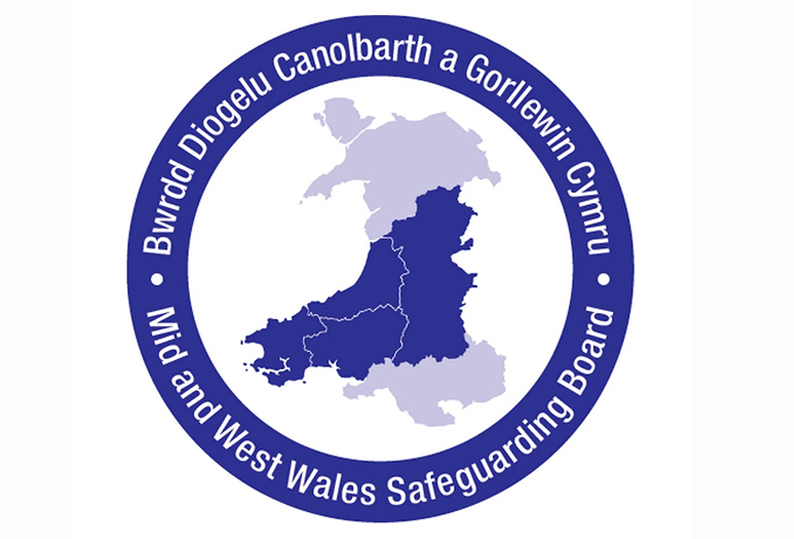Corporate Safeguarding
Page updated: 31/10/2024
In Carmarthenshire Council “Safeguarding is everyone’s responsibility”
‘Corporate Safeguarding’ describes the arrangements in place to ensure all Carmarthenshire Council employees play their part in safeguarding and promoting the wellbeing of children and adults who may be at risk of harm.
Everyone – employees, contractors, volunteers, and councillors all have a role to play in protecting children and adults from harm, whether this is inside or outside the home. It is the Council’s responsibility to ensure that staff, volunteers, and contractors are aware of safeguarding in their day-to-day work for the Council and know when and how to raise concerns.
The Council has a Corporate Safeguarding Policy which provides a framework for every Directorate and Service area within and across the Council. It sets out individual and collective responsibilities in relation to protecting children and adults at risk and establishes a governance structure which has oversight of the arrangements in place to ensure they are effective.
Corporate Safeguarding arrangements are overseen by:
Jake Morgan - Statutory Director of Social Services
Cllr Jane Tremlett - Lead Member for Safeguarding (Cabinet member for Health and Social Services)
The purpose of the policy is to set out the roles and responsibilities of the Council workforce including elected members and to ensure everyone is clear on their obligations to promote the safety and well-being of children, young people and adults at risk.
Whilst everyone will have varied levels of contact with children, young people and adults at risk, everyone should be aware of potential indicators of neglect and abuse and be clear about what to do if they have concerns.
All employees, councillors and volunteers have a duty to report safeguarding concerns. This is not a matter of personal choice.
All employees should be alert to the possibility of abuse or neglect. (Examples can be found in the Corporate Safeguarding Policy)
You may become concerned about the safety or wellbeing of a child or adult in several ways:
- The person may tell you.
- The person may say something that worries you.
- A third party may voice concerns.
- You may see something – an incident or an injury or other sign.
Staff, volunteers and contractors are the ‘eyes and ears’ of the Council, as they go about their day-to-day jobs. It is not the responsibility of any one individual to determine whether abuse has taken place or if an individual is at risk of harm; however, you do have a responsibility to act if you are informed of or identify a concern.
Reporting a safeguarding concern is a legal duty and failure to report appropriately will be considered a serious matter.
If you have any worries regarding the safety of a child, young person, or adult, then you must notify your Designated Safeguarding Lead Person and/or contact Children or Adult Services Referral Teams.
Local Authority Designated Officers (LADO)
Designated Safeguarding Lead Person
If a concern is about a child, contact the Children Services Central Referral Team on 01554 742322.
If the concern is about an adult, contact the Adult Services Advice and Assessment Team (Delta Wellbeing) on 0300 333 2222.
Concerns about a child or adult at risk can also be reported online
If you are a professional and would like to to make a referral you will need to complete a Multi Agency Referral Form.
If you would like to make a referral about a child at risk:
If you would like to make a referral about an adult at risk:
The Social Services Out-of-Hours Team should be contacted on 0300 333 2222 if the issue arises after 5.00pm, Monday to Friday and on weekends and Bank Holidays.
The Child and Adult Referral Teams are the initial point of contact for people seeking services and activities for children, families, and adults locally or for advice and guidance on how to get extra support, or to raise an issue or concern around the welfare of a child, young person or adult.
The Police must be contacted immediately if a child or adult is in danger, or a crime has been committed.
More from Corporate Safeguarding

